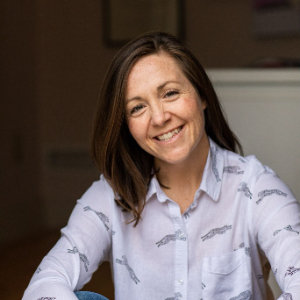
Perfection
Let’s talk about perfection. Try as we might, letting go of deeply internalized ideas of achieving the perfect body, hair color, skin texture, age, house, family, academic achievements and accolades, and the list goes on, can cause a lot of anxiety and leave us feeling insufficient. We are bombarded with images and messaging our whole lives that teach us what to strive for or how we should look and act. Social media has made these messages even more pervasive and relentless. Perfection plays a significant role in the mental health crisis we are in. This week we explore acceptance and self-love, both foundational to social-emotional wellness and compassion.
Perfection
When we constantly compare ourselves to others, we lose sight of all of our goodness and what makes each of us special. We forget how to celebrate ourselves, how to love and nurture ourselves, and how to acknowledge ourselves the way we do with others. In turn, we unintentionally place the same high expectations, judgments, and comparisons on children. We praise accomplishment in certain areas and fail to recognize others who might be quieter or more obscure. Sometimes we even shame unbelievable strengths in people, because society has deemed them less important in “success”. One example could be shyness, rather than being intuitive and sensitive. Or too emotional, rather than empathetic.
I know this might be hard to think about. Ready for the uplifting news? We live in a time where we are starting to openly recognize and bring attention to the damage of perfection-seeking and are beginning to shift toward acceptance and celebration of our differences.
I feel more aware now than when I was growing up, of how certain images and thoughts represent old standards of perfection and are not inclusive. And I now remind myself that this idea or image is just that, an idea and not reality. And what’s more, I can remind myself even if I do achieve that idea of perfection, will my mental health improve? Will I truly feel better on the inside? This awareness in society as a whole gives me great hope for our children.
Let’s talk about what we can do, as educators, caregivers, and parents, to let go of perfection so we don’t pass it along to our children, at least not to the same degree.
Here are some tips and tools that I lean on:
- When I notice mistakes, I celebrate or laugh about them - this takes practice and awareness.
- Let go of some rigidity and make space for flexibility in standards and expectations - we are all individuals with special gifts.
- Recognize and honor our gifts - when I feel insufficient in one area of life, I can still acknowledge myself in big and small ways to build confidence and inner strength.
- Recognize imperfection in nature - there is often great beauty in imperfection. Think of a flower with a damaged petal, or a butterfly with a tear in its wing. Get curious about imperfection and notice its beauty.


